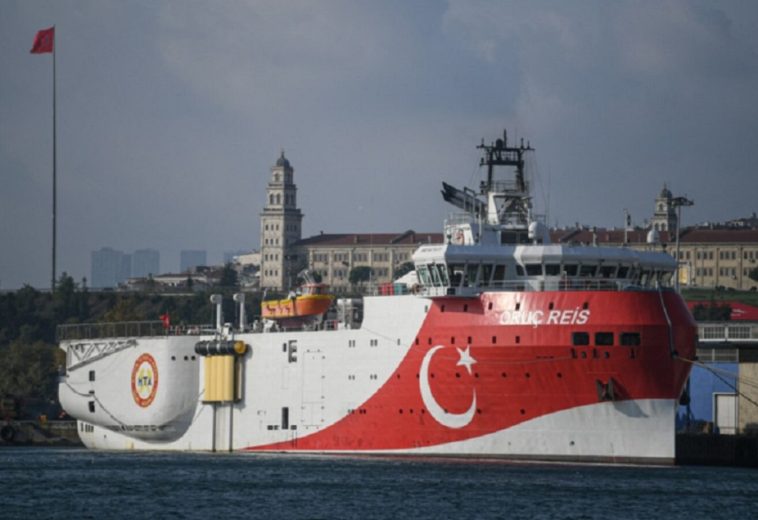Africa’s participation in multilateral organisations such as the World Trade Organisation (WTO) and the United Nations (UN) has not only increased significantly in recent decades, but it has also played a critical role in reshaping global discussions on equity, development, and governance.
Historically, Africa’s influence in these arenas was minimal, with multilateral forums dominated by the Global North, whose economic and political clout allowed them to dictate global policies. However, over time, African nations have made considerable strides, gaining recognition as crucial players on the global stage and spearheading initiatives that are transforming the international system.
In the early years following Africa’s wave of independence in the 1950s and 1960s, the continent was largely sidelined in multilateral forums. While newly independent states joined the United Nations to assert their sovereignty, they faced limited economic power, ongoing colonial legacies, and internal challenges such as political instability.
The Bretton Woods institutions (the International Monetary Fund and the World Bank) and the General Agreement on Tariffs and Trade (GATT), the precursor to the WTO, were shaped by Western interests, leaving African nations with little influence over the global agenda. This marginalisation was particularly evident during trade negotiations, where African countries were often excluded from decision-making processes. Over the decades, however, African leaders realised the potential of collective bargaining in global forums, which began to reshape the continent’s approach.
Africa’s Push for Reform and Representation
Today, African leaders and diplomats are leading advocates for reforming the global governance structure, especially regarding the UN Security Council. The Ezulwini Consensus of 2005, a key initiative of the African Union (AU), embodies Africa’s demand for a permanent seat on the Security Council. African nations argue that the continent’s size, population, and security challenges warrant a more substantial voice in shaping international security policies.
UN Secretary-General António Guterres has recognised Africa’s contributions and supports its call for greater representation on the Security Council and other global institutions. He has emphasised that Africa’s demographic growth, natural resources, and political aspirations make it central to the world’s future. This is a marked shift from the past when Africa was seen primarily as a recipient of global aid rather than a key policymaker.
Trade and Economic Policy: Africa’s Rise in the WTO
The WTO has become another critical forum where African nations have increasingly asserted their influence. Historically disadvantaged by international trade rules that favoured developed nations, Africa has worked within the WTO to advocate for reforms aimed at creating more equitable trading conditions. A landmark success was the launch of the Doha Development Agenda in 2001, which prioritised the needs of developing countries in trade negotiations.
In recent years, Africa has further bolstered its economic position with the creation of the African Continental Free Trade Area (AfCFTA), operational since 2021. The AfCFTA, which unites 54 of Africa’s 55 nations, has established the world’s largest free trade area, enhancing intra-African trade and giving African nations stronger leverage in global trade negotiations.
Climate Leadership and Sustainable Development
Beyond trade, Africa’s leadership has been increasingly visible in global discussions on climate change and sustainable development. Although Africa contributes the least to global emissions, it is one of the continents most vulnerable to climate change. This has driven African nations to take a leading role in advocating for climate justice, particularly at the UN’s Conference of Parties (COP) climate summits. African leaders have consistently pushed for developed nations to meet their climate finance commitments, calling for financial assistance to help developing countries adapt to and mitigate the effects of climate change.
Africa’s potential in renewable energy, particularly solar power, has also placed the continent at the forefront of green energy discussions. Through the African Union’s Agenda 2063, African nations have set ambitious goals to promote sustainable development, expand renewable energy use, and harness the continent’s vast natural resources for the benefit of its people.
Peace and Security: Africa’s Role in Global Stability
Africa’s leadership in peace and security has grown significantly, particularly in shaping conflict resolution and peacekeeping policies. The AU has led numerous peace initiatives across the continent, collaborating with the UN and other global institutions to address conflicts in regions such as Sudan, Somalia, and the Sahel. The UN Security Council’s recent resolution supporting African-led peace operations has been hailed as a major step towards empowering African nations to manage their own security challenges, with financial and logistical backing from the international community.
Ongoing Challenges and the Future of Africa’s Global Role
Despite these accomplishments, Africa’s leadership in global forums remains constrained by several challenges. Economic inequality, heavy debt burdens, and political instability in some regions limit the continent’s ability to fully exercise its influence. Furthermore, Africa remains under-represented in key financial institutions such as the World Bank and the IMF, where decision-making power is still largely controlled by wealthier nations.
READ ALSO: African Start-ups: Statistics and Growth of Innovative Companies
Nonetheless, African leaders continue to push for reforms, advocating for a new international financial architecture that grants developing countries greater access to resources necessary for sustainable development.
Africa as a Shaper of Global Policy
Africa’s role in multilateral organisations is no longer solely about seeking representation; it is about actively shaping the future of global governance. Through initiatives in trade, climate action, peacekeeping, and institutional reform, African nations are increasingly recognised as key players in addressing the world’s most pressing challenges. This marks a new era for Africa, one in which the continent is not merely a bystander but a leader driving the global agenda towards a more just and equitable world.




